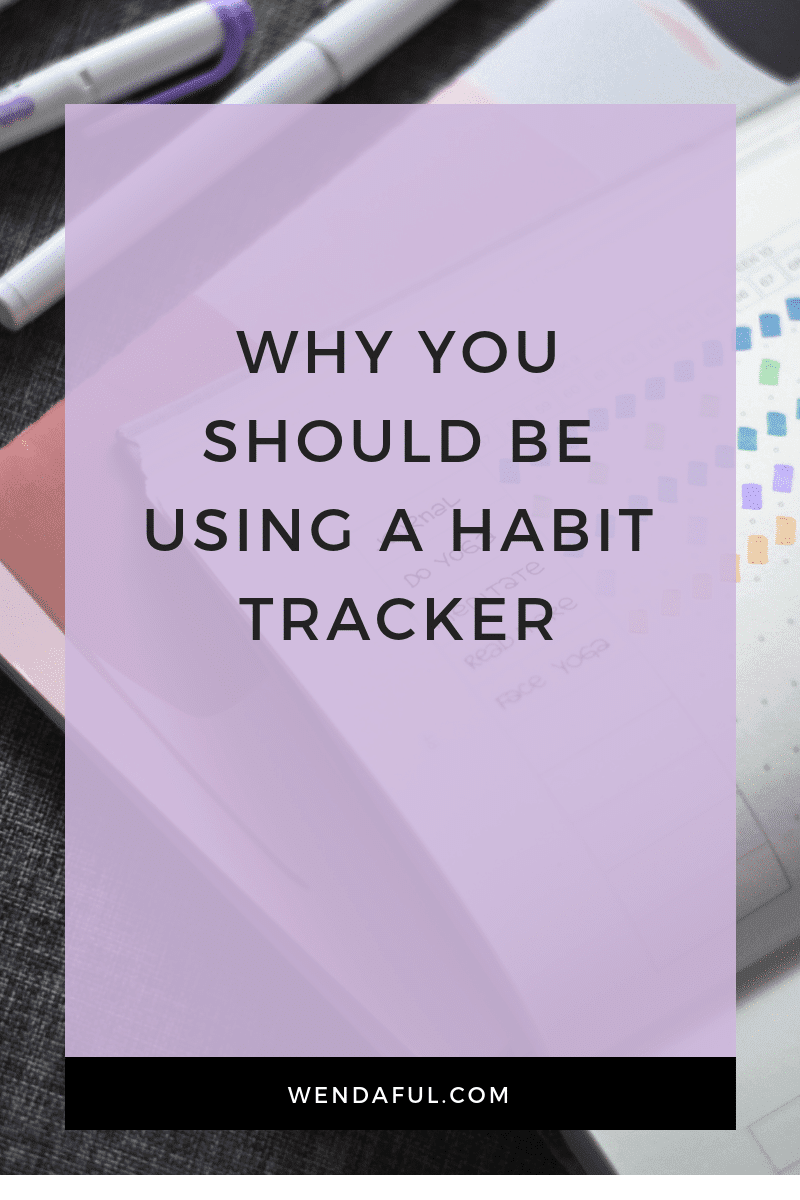
Why You Should Be Using a Habit Tracker
A habit tracker is one of the most useful parts of a bullet journal and is a great tool for self-improvement, no matter where you are in life and what you want to achieve. Ticking boxes every day can do more for you than you might expect, as the benefits of using a habit tracker below will show:
The Benefits of Tracking Your Habits
It helps you stay motivated. Self-help gurus and books often like to say that it only takes a month to completely develop a habit, but this is no more than a myth. Actual research reported on by The Huffington Post reveals that it takes around 66 days to develop a habit — whether it’s drinking more water or running in the morning. That sounds like a pretty long time, especially when the only thing you rely on is a mental reminder. Using a habit tracker can help you get a sense of how well or how badly you’re doing to keep you motivated and consistent.
It’ll boost your productivity. While using productivity tricks every now and then can be useful, having a habit tracker is a more effective way to boost your long-term productivity. A white paper by Special Counsel that focuses on productivity tips highlights the importance of taking a holistic approach to boosting productivity by developing and sticking to a plan. Habit trackers are a great way to layout your goals and plan exactly how to reach them through small habits. For instance, if you want to be more organized, you can track habits like “fix the bed in the morning” or “tidy up for 5 minutes.” These small tasks can actually translate to more productive days that you can visualize on your tracker.
It provides a sense of accomplishment. There’s something so satisfying about ticking a box after completing a task, and it’s even better when it’s multiple boxes that represent your habits! Habit tracking takes out most of the negativity that comes with having to do something and practicing self-discipline. Instead, it turns reaching your goals into a fun game that provides immediate gratification at the end of the day.
You’ll get to know yourself better. Habit trackers can have a significant impact on your identity, as they help you learn about yourself better from a realistic perspective. Personal Growth Lab founder Jari Roomer emphasizes how crucial it is to be confronted by reality through habit tracking, instead of just relying on memory or self-image. For instance, although you may identify yourself as an avid reader, it doesn’t mean you should get comfortable with the label. It’s far too easy to fall off the horse if you don’t track your habits, and when you do, you may realize that you don’t read, exercise, knit, or even cook as much as you used to.
Tips on Using a Habit Tracker
If you’re ready to take the plunge and create your own habit tracker, keep the following tips in mind:
Track achievable habits. If you haven’t exercised in the last two years, don’t expect to suddenly be able to work out seven days a week. In our post on ‘How to Use Habits to Reach Your Goals’, we talked about how important it is to start with a few habits and to make them specific. Try tracking in a more realistic way, like “exercise for at least 15 minutes,” and build yourself up from there.
Don’t forget weekly or monthly habits. Habit trackers don’t always have to contain just daily tasks, as you can track even yearly habits! For example, a weekly habit could be “clear out the fridge,” while a quarterly habit could be “get your teeth professionally cleaned.”
Plan your habits. Carve out time every day for your habits, as they are easier to do if you’re consistent with time. Decide if you want to squeeze in that workout at the crack of dawn or after work, and then stick to it.
